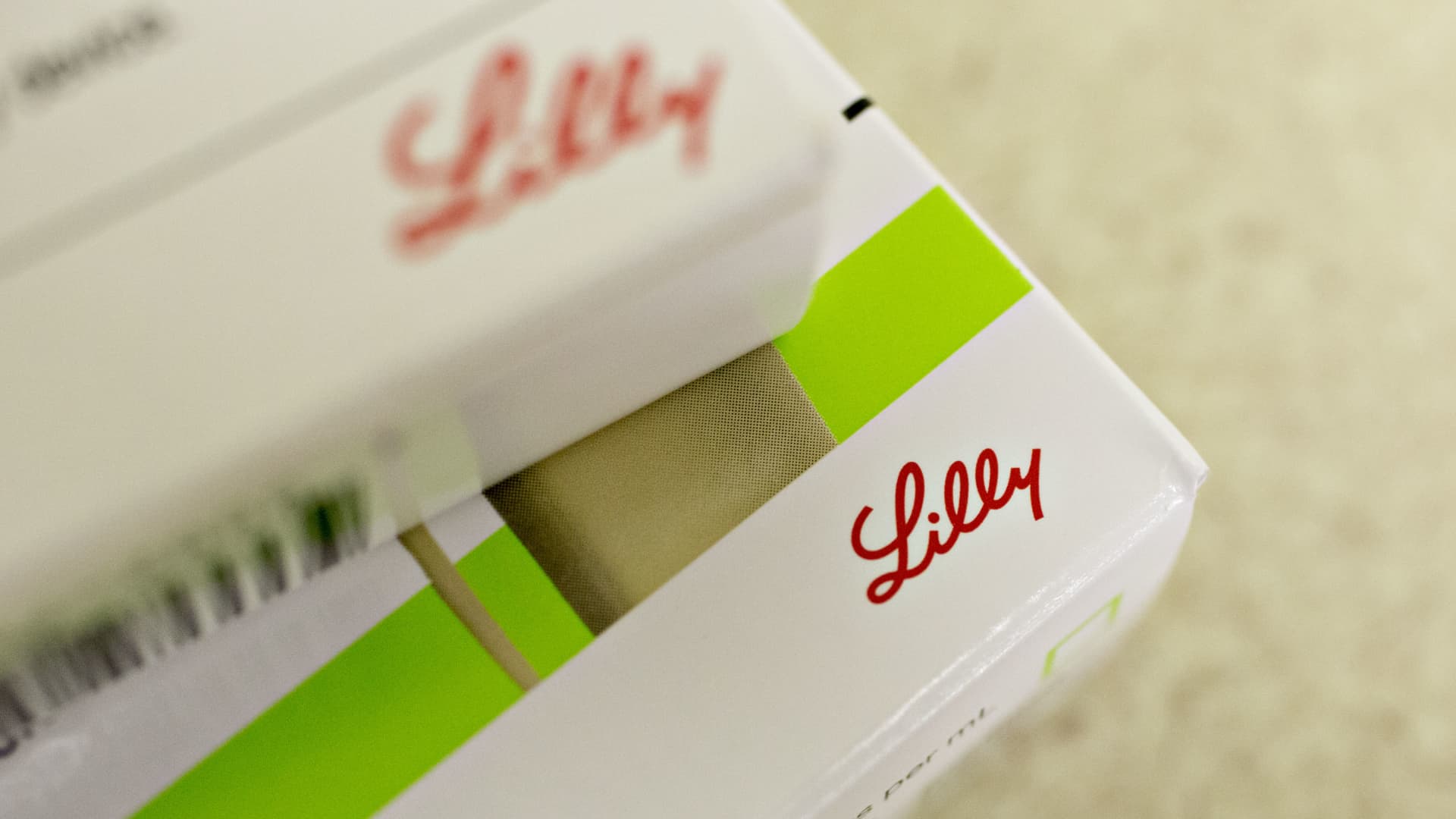
- Select a language for the TTS:
- UK English Female
- UK English Male
- US English Female
- US English Male
- Australian Female
- Australian Male
- Language selected: (auto detect) - EN
Play all audios:
The round was led by Blackbird Ventures and King River Capital, with participation from returning investor January Capital, and brings Lexer’s total raised so far to $33 million. Blackbird
Ventures co-founder and partner Rick Baker will join Lexer’s board.
The company was founded in 2010 by Aaron Wallis, Chris Brewer and Dave Whittle, and its clients include Quiksilver, DC Shoes, John Varvatos and Sur La Table. The new funding will be used to
add 50 more people to Lexer’s team, with plans to double its headcount in Australia, the U.S. and Southeast Asia. Whittle, the company’s chief executive officer, told TechCrunch it will also
add more features to provide retailers with enterprise-grade customer data, insight, marketing, sales and service capabilities.
COVID-19 pandemic accelerated shift to e-commerce by 5 years, new report says
Brands use Lexer to increase their incremental sales, which includes sales to both existing and new customers, by helping them understand things like shopping patterns among different groups
of visitors, which customers are most likely to make future purchases and which marketing strategies results in the most sales.
Lexer’s best-known competitors include Segment, which was acquired by Twilio for $3.2 billion last year, and Adobe Analytics. Whittle said Lexer’s key differentiator is providing an
end-to-end solution.
While brands often have to use multiple data and analytics software to understand data from different sources, Lexer’s goal is to make everything accessible in one platform. “Our customers
don’t have to engage expensive and time-consuming third parties for strategy, implementation, customization and project management,” he said.
Before Lexer’s Series B, most of its growth came from single brands, or groups of mid-market retail brands. Now it’s focusing on working with all sizes of brands, Whittle added.
The pandemic has forced many brands to place a greater emphasis on digital engagement to increase their online sales and stand out from other e-commerce merchants.
“There are literally hundreds of tactics we have enabled our customers to deploy to help them adapt to the limitations and barriers COVID put in place. For example, we helped retailers
migrate offline customers to shop on their e-commerce sites,” said Whittle. “Another way was that if stock was low due to supply constraints caused by COVID, we helped retailers target their
high-value and loyal customers to ensure customer satisfaction.”
Twilio confirms it is buying Segment for $3.2B in an all-stock deal
Catherine Shu covered startups in Asia and breaking news for TechCrunch. Her reporting has also appeared in the New York Times, the Taipei Times, Barron’s, the Wall Street Journal and the
Village Voice. She studied at Sarah Lawrence College and the Columbia Graduate School of Journalism.








